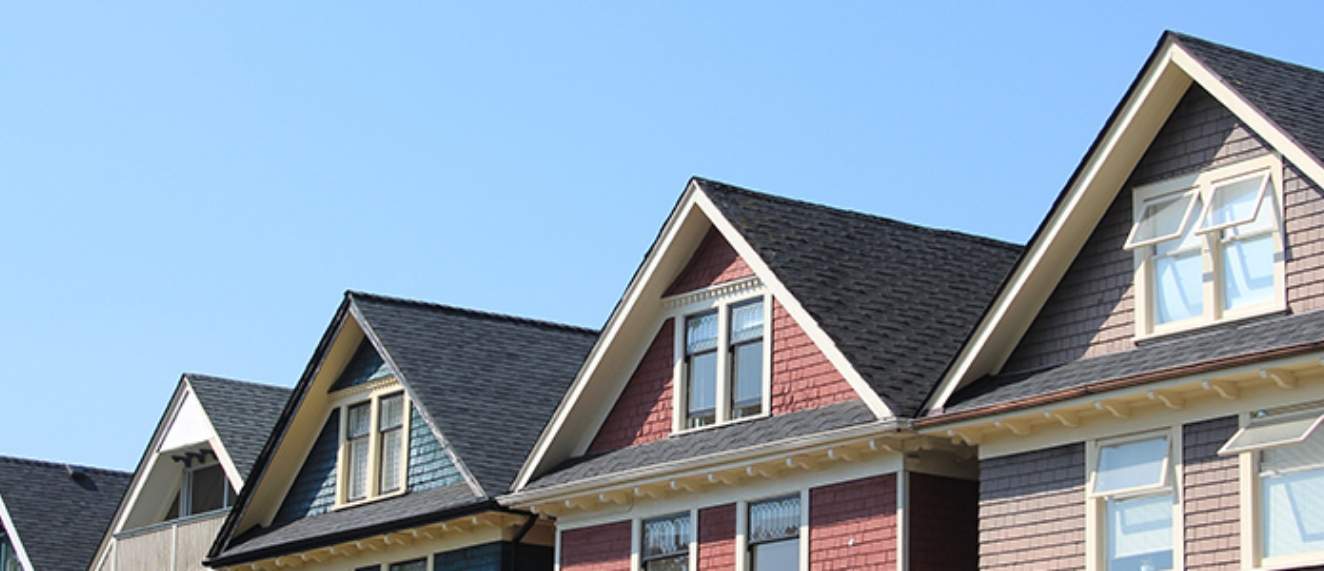During the recent federal election campaign a ban on blind bidding (potentially under the federal Criminal Code) was proposed, arguing it drives up home prices.
We heard from members who vehemently oppose this proposed ban on blind bidding and understand it would greatly impact how Canadians choose to sell their home, and how our REALTOR® members aid in the journey to homeownership.
Our immediate response included a statement on CREA.ca and across social media in opposition of the proposed ban and encouraging all parties to instead focus on the primary issue: relieving the bottlenecks preventing an adequate supply of housing across the housing continuum.
In Australia, where they have implemented open bidding, housing prices are still high and continue to rise. The issue is that there is not enough housing supply to meet demand. More housing supply means more opportunity. Learn more at https://t.co/bjjEERY75i #REALideas pic.twitter.com/jswlyx0X5b
— CREA | ACI (@CREA_ACI) August 26, 2021
Knowing the possibility of this proposed ban, we commissioned a study from an independent think tank, Smart Prosperity Institute, to explore how a ban on blind bidding would impact real estate prices.
The report finds that although it’s possible the blind bidding process can cause higher prices, the evidence to support that claim is limited and, in fact, increased bid transparency leads to higher prices in a hot real estate market – not lower.
“REALTORS® have been telling us for years that ‘how’ offers are made is not the primary factor driving Canadian home prices higher, it is simply there’s more demand than available properties,” says our CEO Michael Bourque. “This report demonstrates clearly that in countries where bidding is completely transparent (e.g. open auctions), price increases are greater than those recorded in Canada. The solution is to build more homes that buyers want, as soon as possible.”
Key findings from the report
1.During the election campaign, the Liberal Party ran on a promise to include a Home Buyers’ Bill of Rights that would ban blind bidding, arguing that blind bidding drives up home prices. While the arguments that blind bidding processes cause higher prices are plausible, the evidence, while limited, suggests that increased bid transparency leads to higher, rather than lower, prices in a hot real estate market.
“Separate studies examining residential real estate sales in Australia, Ireland, and New Zealand, along with land sales in Singapore and the United States have found increased transparency associated with increased average sales prices.”
2. Sweden, which does not permit blind bidding, has experienced even faster home price growth during the pandemic, and comparable home price growth to Canada over the last 20 years.
“While Canada has experienced some of the highest real estate price growth in the world, New Zealand, where open bidding for homes is common, has experienced even faster growth. And price growth in Sweden, where open bidding for homes is mandatory, has experienced faster home price appreciation than six of the seven countries in the G7.”
3. New Zealand, where open English auctions for homes are common, has experienced the fastest-growing home prices in the world over the last 20 years.
“The global house price dashboard from The Economist finds that in the 20 years between Q2 2000 and Q2 2020, that New Zealand has had the fastest growing real estate prices on the planet in real (inflation adjusted) terms, of any advanced economy, with Canada coming in second, and Sweden and Australia taking the third and fourth positions overall.”
4. The experience in Sweden, New Zealand, and Australia is suggestive that bid transparency can lead to higher, not lower, prices in a hot real estate market.
“It is noteworthy that these papers not only find that higher bid transparency is associated with higher prices, but they give an explanation of why, rooted in economic theory, that bids can convey information about the value of a property to other bidders, as noted by Milgrom and Weber (1982).”
5. There is limited, though, compelling academic evidence that bid transparency leads to higher real estate prices. Studies examining real estate transactions in New Zealand, Australia, and Ireland, as well as studies examining land sales in Singapore and the United States, have found increased bid transparency associated with higher, rather than lower, prices. This could be due to several factors, including public bids creating a signal that a property is particularly valuable, in a way that less transparent bids do not.
“In short, the bid-gap argument overlooks the fact that in an open bidding system, lower-ranked bidders are likely to continue to raise their bids if they can observe the amounts being offered by the leading bidder.”
6. The rules governing real estate bids likely do play a minor role in the average price of real estate, though this proposed reform is more likely than not to make the problem worse rather than better. Ultimately, the major factor driving up real estate prices is supply not keeping up with demand. To ensure housing is available and attainable for all Canadians, the federal government should focus on relieving the bottlenecks preventing an adequate supply of family-friendly, climate-friendly homes from being built.
“Moffatt (2021) finds that, between 2016 and 2021, Ontario built 64,000 fewer housing units than required to keep up with population growth and the formation of young families.”
We’ll use the data from this report to continue to focus on the issue of housing supply and further our advocacy efforts as Parliament resumes.




